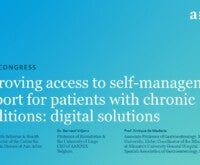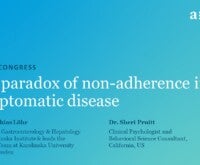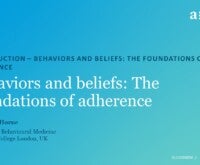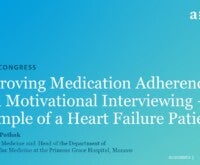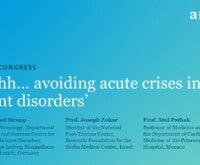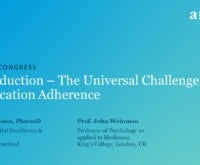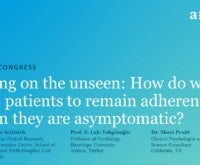Session: Improving access to self-management support for patients with chronic conditions: digital solutions
Before we can manage and improve medication adherence in chronic conditions, we must first measure it, said Prof. Bernard Vrijens. Patients on long-term therapy need to adhere to treatment 80% of the time for it to work best, but this benchmark doesn’t tell the whole story., Vrijens added. Different patients could be reaching 80% in…
